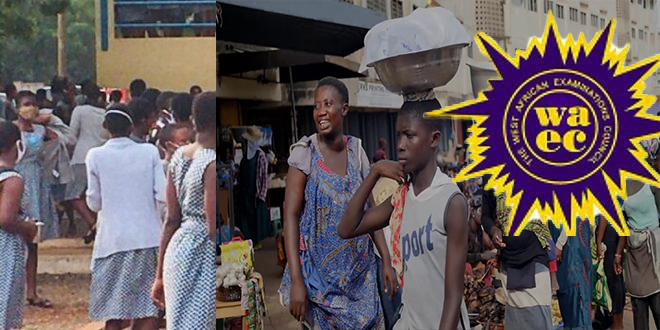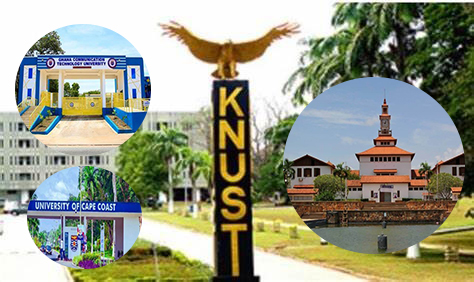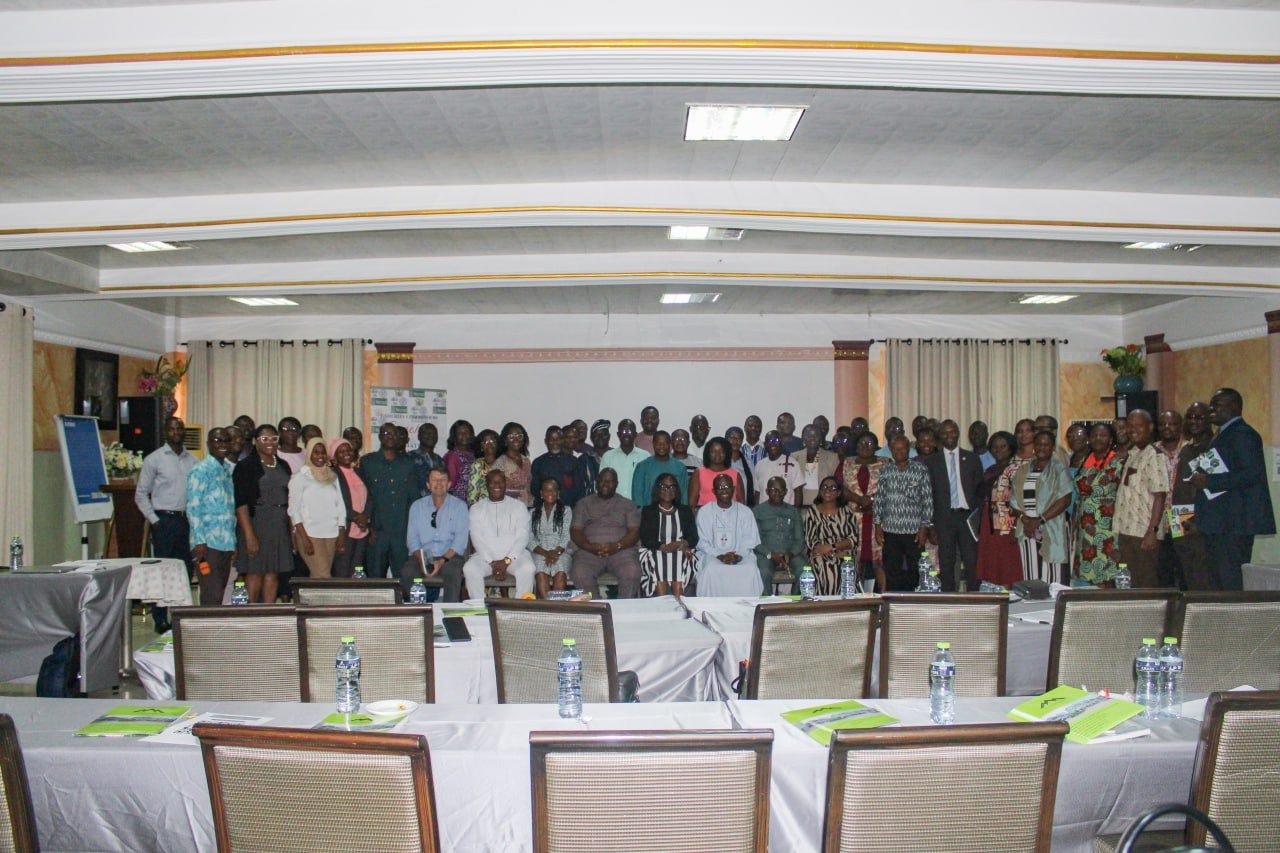
Breaking news: Unidentified Youth Set Fire to Majority Leader Mahama Ayariga's Residence


Breaking news: Unidentified Youth Set Fire to Majority Leader Mahama Ayariga's Residence

NPP Claims Economic Recovery Prior to Transition

'I Was Testing the Gun' - Two Students Shot by Classmate at Adventist SHS, Ashanti Region

GRA Orders Immediate Refund of E-Levy Deductions

Lightning strikes Physics Teacher to death

Vice President Naana Jane Opoku-Agyemang reportedly ill

The nation bid farewell to Akua Donkor as she’s finally laid to rest

Fixing Education for a Better Future: Ghanaian government is making bold strides in education reform

Gov’t Declares Additional Holidays for Eid-ul-Fitr Celebration

Tragedy Strikes Kumasi Central Market: Devastating Fire Outbreak Leaves Traders in Ruins

Why Students struggle to further their education after SHS

Best universities in Ghana that you might want to attend in 2026

Fisheries Commission Unveils Ghana's Transformative National Aquaculture Plan

EPI launches one of the biggest events ever